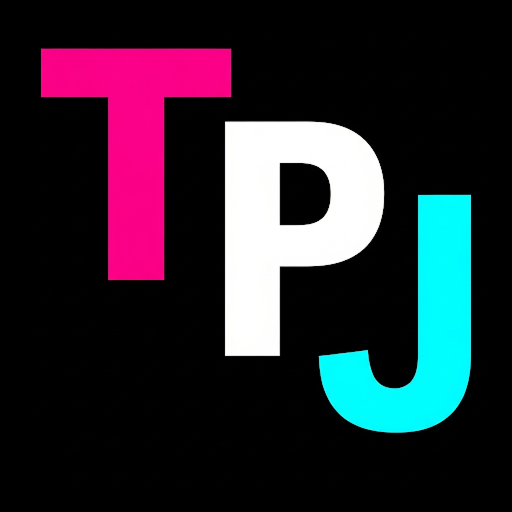If you’re like me, you’ve probably forgotten a lot of what you have read.
That’s not your fault.
You see, the human brain is not a great place to keep ideas.
If you want to retain more of what you read, it can be a simple as keeping your “why” in mind.
How you can apply the “why?”
Simply note down why you’re consuming the piece of content.
That’s it.
If you want to impress your friends, the technical term is “Internal Proposition.”
For example “I want to listen to episode 5 of The Fulcrum episode because I want to understand the benefits of adding more unfocused time to my days.”
Generally, I note my internal proposition close to the content itself, for example, as a book mark on the podcast episode or article.
Thus, I can drop the the first part.
The more streamlined version is: “I want to understand the benefits of adding more unfocused time to my days.”
The “Why?” Criteria
Then, after I consume the content, I check back on my internal proposition and think about whether that piece of media was worthwhile.
After a sample of 2-3 pieces, I can decide whether that source is worthy of my attention.
For example, if I am getting my questions answered, I may keep The Fulcrum on rotation.
However, if it fails to give me what I’m looking for five times in a row, I may reassess my subscription.
It’s useful to give some leeway here as sometimes I might be pleasantly surprised by the insights I get, while my initial internal proposition remains unresolved.
Why the why?
Noting our why helps us understand whether our information diet is nourishing us, or just bloating our brain with mental junk-food.
With the abundance of compelling content out there, it can be difficult to decide what to shine our limited attention on.
By keeping our internal proposition in mind, we can decide what to feed our brains at the front end but also decide what is noteworthy on the back end.
And when we understand this, we can understand whether our current information diet is working for us and reserve our limited attention and energy for the things that enrich our lives.
If you enjoyed this, you may also like:
our informed inaction paradox
I escaped inbox hell
Everything you wanted to know about decision making
